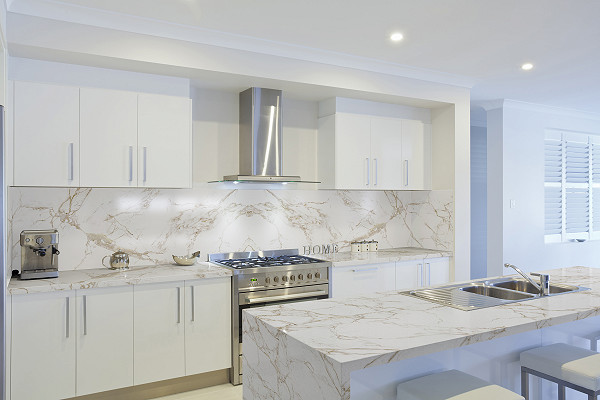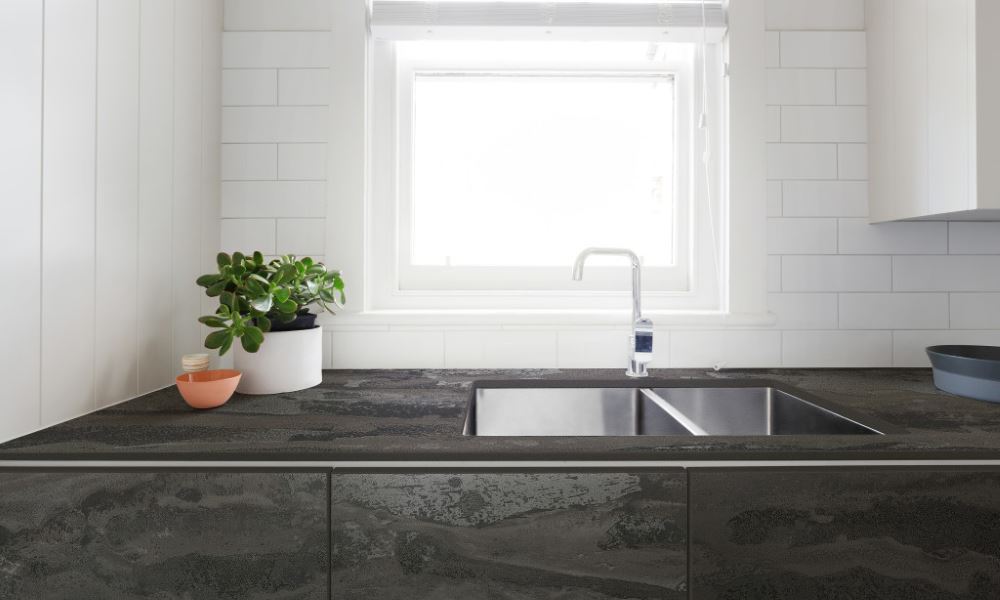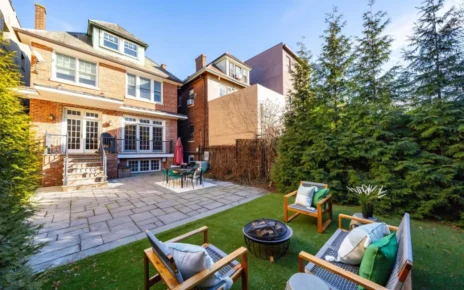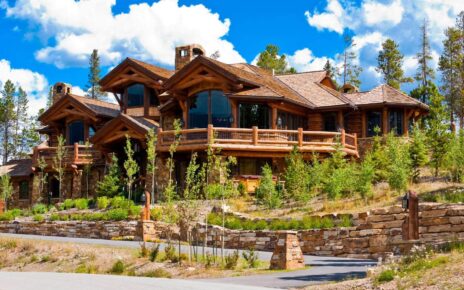When selecting the perfect countertop material for your home, two names often rise to the top: Dekton and Quartz. Each offers unique advantages, yet they cater to different needs and preferences. Whether you’re remodeling your kitchen or upgrading your bathroom, understanding the key differences between these two materials is essential to making an informed choice.
This detailed Dekton and Quartz Showdown will help you compare their features, durability, maintenance, and aesthetics to find the right fit for your space.
Material Composition: What’s the Difference?
- Dekton: A sophisticated blend of raw materials used in glass, porcelain, and quartz production. Dekton is created through a process called sintered particle technology, which compresses and heats the materials for extreme durability.
- Quartz: An engineered stone made from 90–95% natural quartz crystals combined with resins and pigments. Quartz is known for its seamless combination of natural beauty and engineered precision.
Takeaway: Dekton is ultra-modern and industrial in its creation, while quartz leans into natural aesthetics with engineered enhancements.
Durability: Which Material Can Handle More?
- Dekton:
- Strength: Highly resistant to scratches, stains, and UV rays.
- Heat Resistance: Can withstand high temperatures, making it ideal for outdoor kitchens and hot cookware.
- Potential Weakness: Its extreme hardness can make it prone to chipping during installation or under high impact.
- Quartz:
- Strength: Extremely durable and less likely to chip compared to Dekton.
- Heat Resistance: Resistant to heat but not heatproof—placing hot pots directly on the surface may cause damage.
- Maintenance: Requires careful cleaning to avoid damage from harsh chemicals.
Verdict: If you need a countertop for outdoor use or high-heat areas, Dekton takes the lead. However, quartz offers a balance of durability and flexibility for everyday indoor use.
Aesthetic Appeal: Sleek or Versatile?
- Dekton:
- Known for its minimalist look, Dekton offers a palette of neutral tones and modern finishes.
- Popular with contemporary designs and clean, streamlined spaces.
- Quartz:
- Offers a wider variety of colors, patterns, and textures.
- Mimics natural stone like marble or granite, making it ideal for both traditional and modern styles.
Verdict: Choose Dekton for a sleek, contemporary feel and Quartz for versatility and visual variety.

Maintenance: Which One is Easier to Care For?
- Dekton:
- Non-porous surface requires minimal maintenance.
- Resistant to most stains and chemicals.
- Quartz:
- Also non-porous and low-maintenance, but may require occasional cleaning with mild detergents to keep its sheen.
Verdict: Both materials are low-maintenance, but Dekton’s extreme resistance to chemicals and stains gives it a slight edge.
Cost: What’s the Price Difference?
| Feature | Dekton | Quartz |
| Material Cost | $60–$120 per square foot | $50–$100 per square foot |
| Installation | Higher due to complexity | Moderate |
Budget Insight: Dekton’s manufacturing process and installation complexity make it slightly more expensive overall. Quartz, while still a premium material, offers more budget-friendly options for homeowners.
Applications: Where Each Material Shines
- Dekton:
- Outdoor kitchens.
- High-traffic countertops.
- Contemporary designs needing UV and heat resistance.
- Quartz:
- Indoor kitchens and bathrooms.
- Versatile designs.
- Spaces where a wide variety of colors and patterns are desired.
Verdict: Use Dekton for rugged, outdoor-friendly designs and Quartz for indoor versatility.
Environmental Considerations: Sustainability Matters
- Dekton: Produced with natural materials and a long lifespan, reducing its environmental footprint.
- Quartz: Eco-friendly due to its use of recycled materials but less sustainable than Dekton due to the resins used in manufacturing.
Verdict: Dekton edges out Quartz for eco-conscious homeowners.
Final Verdict: Which Material Is Right for You?
In the battle of comparing quartz and dekton countertops, your choice depends on your specific needs:
- Choose Dekton if: You prioritize durability, heat resistance, and outdoor use.
- Choose Quartz if: You want versatility, a wider range of designs, and cost-effective elegance.
Both materials deliver premium quality and style, ensuring your countertops remain a centerpiece of your home for years to come.
✅ Synonyms Used:
- Dekton and Quartz Showdown
- Comparing Quartz and Dekton Countertops





